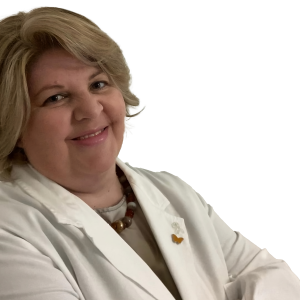The Career Development Committee is dedicated to fostering and advancing careers across the professional continuum by providing diverse opportunities in research, education, clinical care, and leadership in the field of thoracic malignancies worldwide. The committee will include representation from early career to established investigators.

Committee projects
Chair of Committee

Balazs Halmos
2025-2027
2025-2027 Roster
COMMITTEE RESPONSIBILITIES
- Career Development Programs: The committee is responsible for designing and implementing career development programs tailored to the needs of members worldwide. Programs for early, mid-level, and established investigators will be established that address the primary career domains of research, education, clinical care, and leadership.
- Mentorship and Networking: The committee is responsible for enhancing the IASLC Mentorship Academy and WCLC Mentorship Program and devising additional mentorship opportunities that connect experienced professionals with early-career members. They will encourage networking among members worldwide, fostering collaborations and knowledge-sharing within the field of thoracic malignancies.
- Educational Resources: The committee will curate and develop educational resources, such as online courses, e-learning modules, and literature reviews, to support career development in thoracic malignancies. Research Support: The committee will promote and support research initiatives in thoracic malignancies by providing guidance on study design, grant applications, and research methodologies. They will also facilitate opportunities for collaborative research projects and foster international partnerships to advance the field.
- Career Guidance: The committee will offer career guidance and counseling services to members, providing advice on career pathways, academic pursuits, job opportunities, and leadership development within the field of thoracic malignancies. They will also assist in identifying funding sources, scholarships, and fellowships for career advancement.
- Recognition and Awards: The committee will establish mechanisms to recognize and honor outstanding achievements and contributions in thoracic malignancies. This includes organizing award ceremonies, grants, and scholarships to encourage excellence and inspire members to further their careers.
- Collaboration with other IASLC Committees: The Career Development Committee will collaborate with other IASLC committees, such as the Scientific Program Committee and the Education Committee, to ensure alignment of career development initiatives with broader organizational goals. This collaboration will promote interdisciplinary research and foster a comprehensive approach to thoracic malignancies.



